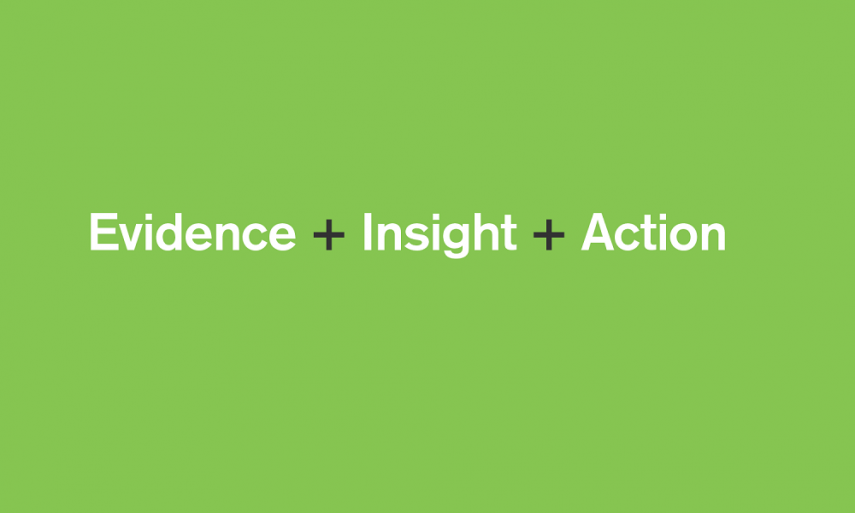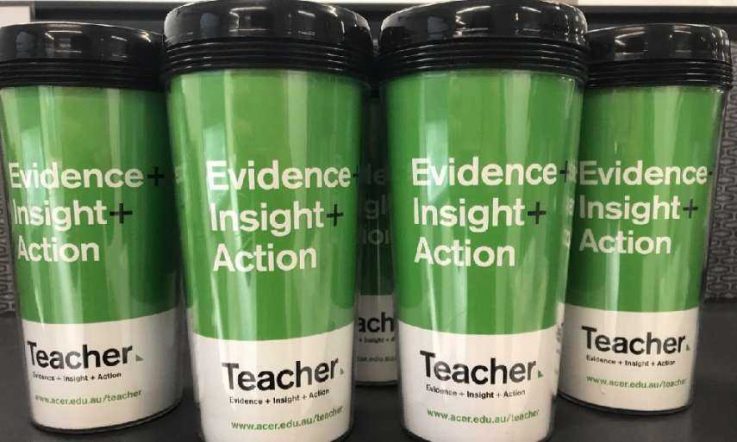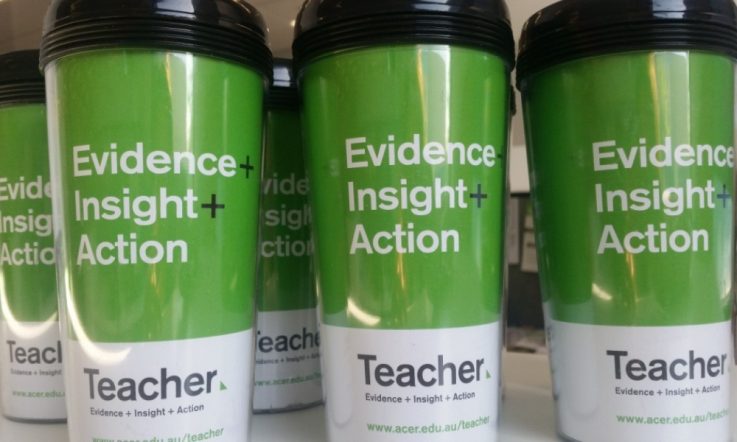Who’d be a teacher in this day and age? Long hours (yes), what about those holidays? (seem to spend most of them planning and marking homework...), disrespectful kids (wonder where they got that from?), constantly changing goal posts (what else can they put in the curriculum?). And there’s the joy of being blamed for every ill in society. Oh, and why are our educational standards slipping? Well, you see it’s all about teacher quality. If only we can get some better quality teachers into the system...
So, can we talk about ‘teacher quality’? For a start, I’d much rather talk about the quality of ‘teaching’ than the quality of ‘teachers’. The teachers that I know personally and professionally are a pretty high quality bunch!
What’s at issue, and what the research tells us, is that one of the most significant influencers of student learning outcomes is the quality of teaching. Which, of course, raises the critical question: what is good quality teaching?
One of my favourite aphorisms is a quote from H L Menken, who is reported to have said: ‘for every complex problem there is an answer that is clear, simple, and wrong.’
So the simple answer to the question of teacher quality is to find all the techniques that research shows to be effective in promoting student learning and train teachers (or perhaps computers) to do them. Unfortunately, while many over the years have claimed to have found the silver bullet for this or that outcome, this simple answer to a complex question is attractive but wrong.
Evidence should be at the basis of all our teaching and learning practices, but it is rarely the case that evidence for this or that practice is entirely clear or applicable to all circumstances. As teachers, we need to become sophisticated users of evidence to continuously build our understanding of good practice and monitor our effectiveness. But, of course, that’s not so easy to do in between preparing for class, taking yard duty, attending meetings and filling out paperwork.
And that’s where Teacher magazine comes in. Our aim in bringing Teacher back is to once again provide teachers and educational leaders with a rich source of information on what the research says and, vitally, what it means for their own practice.
Our vision at Teacher is for all teachers to consider themselves ‘teacher-researchers’, to participate actively in broadly defined continuous professional education – coaching, mentoring, peer observation, team teaching, action research, formal learning, reflective practice, etcetera – and to place evidence at the centre of their practice. Our goal is to support that by providing timely, high quality, independent content that teachers can trust and act upon and a platform to exchange, explore and understand the evidence base of their own practice.
The content of Teacher magazine will be written and delivered in a reader-friendly style that draws on the wealth of knowledge and expertise that exists within the education community, nationally and internationally. Our digital approach will enable us to present content in a variety of formats – written articles, podcasts, videos, infographics. Contributors will include teachers, school leaders, researchers, policymakers and representatives from peak education bodies and professional associations.
Research shows that high quality teaching and leadership teams learn from each other's practices, experiences and support, and that’s why we will always keep you, the reader, at the heart of Teacher magazine, providing educators and educational leaders with a strong voice and a platform to share and collaborate.
The strapline we have adopted for Teacher is: Evidence + Insight + Action. We will strive to do more than just present the research or information and more than just interpret and explain. We will always have in mind that to have an impact in the real world, to support excellent practice and improved student learning outcomes, ideas must have a real world application, a way to apply, use, test and reflect on.
I started this article by asking the question, ‘who’d be a teacher in this day and age?’ The answer, of course, is us!
We do it because we have a passion for learning, for our subjects and for our students. We do it because we know we are making a real and lasting contribution to people’s lives and society as a whole. We do it because of the rich relationships we build with students and colleagues.
As professionals, we know that we must keep learning for ourselves and for our students. We hope that Teacher can once again become part of your professional practice.
H L Menken was an American writer and journalist who famously dubbed the 1925 trial in which a substitute high school teacher was accused of breaking a regulation preventing the teaching of human evolution in government schools, the ‘Monkey Trial’



